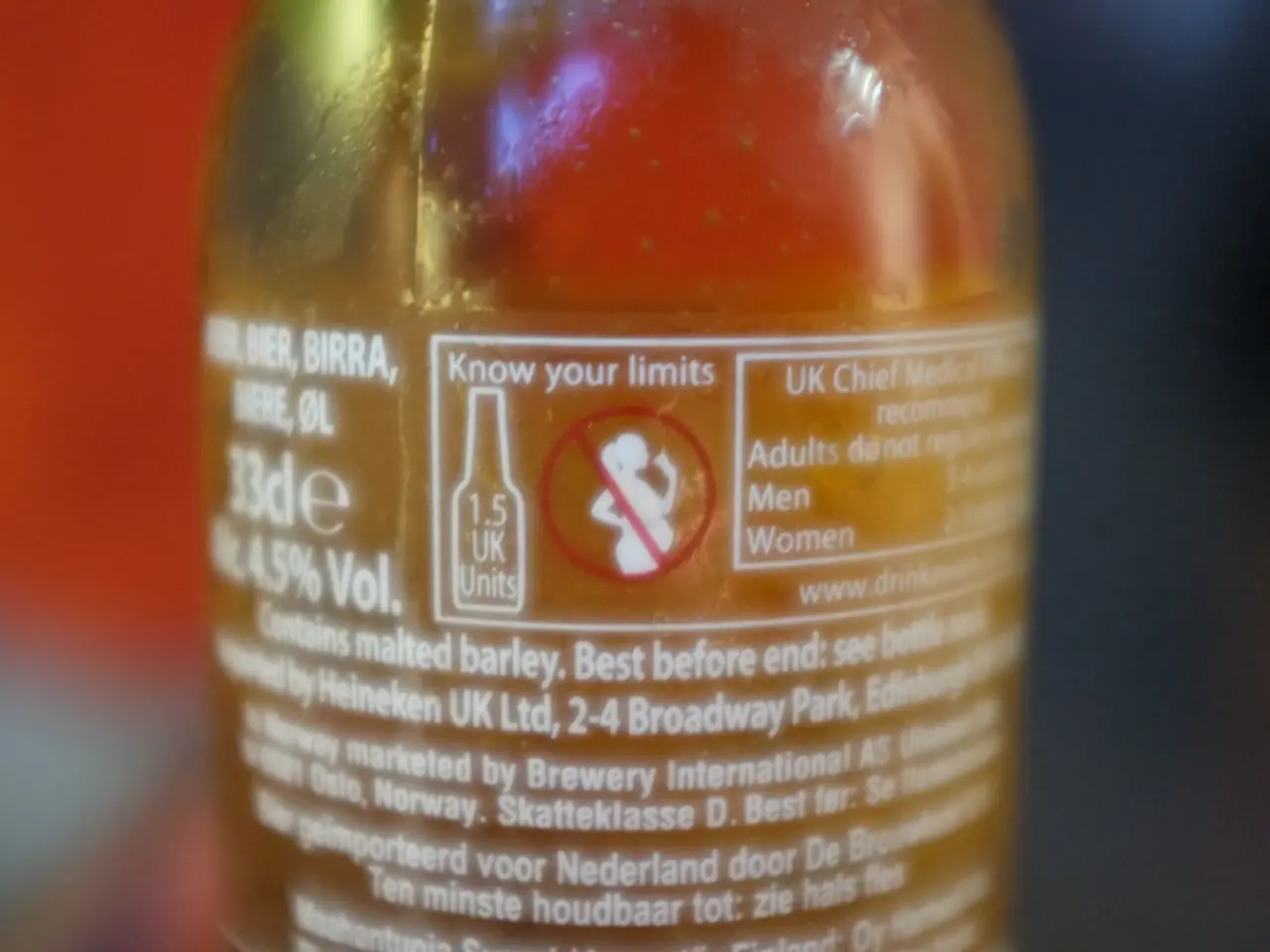Regular consumption of 4p supplement may potentially decrease the risk of the most prevalent cancer by up to 50% within a month.
In the United Kingdom, non-melanoma skin cancer is the most common type of cancer, with around 156,000 new cases diagnosed each year. This form of cancer includes basal cell carcinoma (BCC) and squamous cell carcinoma (SCC), both of which can be signs of concern.
Signs of SCC may include a scaly, raised, rough area of skin, a lump that may look pink or red (on black or brown skin, it is more likely to be brown or black), and a hard, crusty scab that might feel tender or bleed easily. BCC, on the other hand, can present as a smooth, firm lump that may be pearly, pink, red, brown or black, a lump that is sunken in the middle like a crater, a flat patch of scaly, crusty or irritated skin, or a scar-like area of pale, shiny skin. These types of skin cancer tend to be painless but can cause itchiness or bleeding.
A recent study has found that a form of vitamin B3, known as nicotinamide or niacinamide, can potentially help reduce the risk of skin cancer. The research suggests that nicotinamide can reduce the risk of skin cancer by 14% for the general population and by 54% for people who've had skin cancer once before.
The study, which was conducted over a period of five years, involved over 300,000 participants. For people who'd already had skin cancer once before, the cheap supplement reduced their risk by 54%. The risk reduction was much larger for patients who'd had squamous cell carcinoma. They were 20% less likely to develop skin cancer again.
Nicotinamide has been recommended by dermatologists for people with a history of skin cancer since 2015. However, the new study's findings have sparked renewed interest in this potential preventive measure.
In addition, researchers recommend field-directed treatment with topical 5-fluorouracil (5-FU) to reduce the risk of developing non-melanoma skin cancer by up to 50 percent. Accelerating the effect earlier when applied at younger ages or earlier stages of skin damage can enhance its preventive benefit.
It's important to note that while these findings are promising, they do not replace the need for regular skin checks and sun protection. If you notice any unusual changes in your skin, it's always best to consult with a healthcare professional.
On a concerning note, non-melanoma skin cancer deaths are on track to overtake melanoma deaths in England and Scotland for the first time. This underscores the importance of preventive measures and early detection in managing this common form of cancer.
In the US, researchers have also suggested that taking a nicotinamide supplement may help cut the risk of non-melanoma cancer. As more research is conducted, the potential benefits of this simple supplement in the prevention and management of skin cancer continue to be explored.
Read also:
- Trump's SNAP reductions and New York City Council's grocery delivery legislation: Problems for city residents highlighted
- Reducing dental expenses for elderlies in Sweden: Over 50% cut in charges for pensioners by the government
- Forty-year-old diet: A list of meal choices to savor
- Exiled Life's Conundrum: A Blend of Liberation, Disillusionment, and Distress






